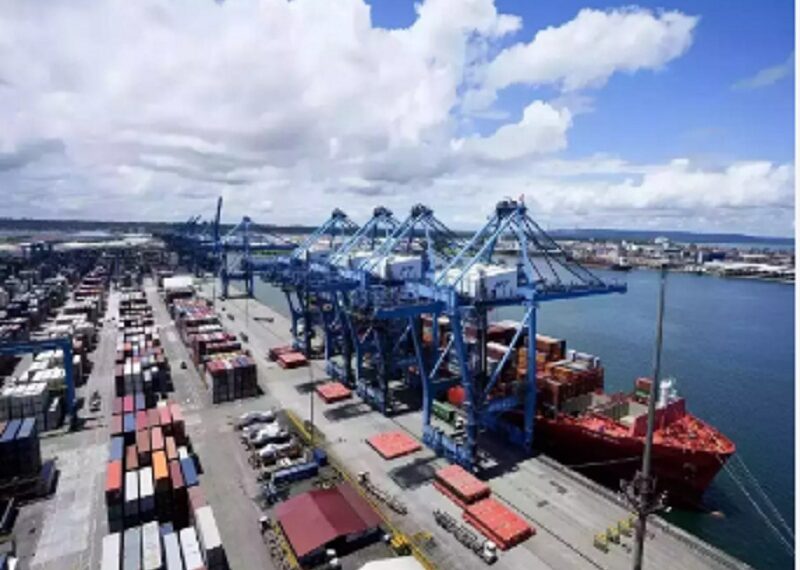Guwahati: New Delhi has terminated the transshipment facility for Bangladesh’s export cargo days after Bangladesh Chief Adviser Muhammad Yunus advocated the extension of the Chinese economy around the strategically important Northeast India region, calling it ‘landlocked’.
The transshipment facility allowed Bangladeshi export cargo to move to third countries via Indian Land Customs Stations (LCSs), ports, and airports.
The decision was announced on April 8 through a notification issued by the Central Board of Indirect Taxes and Customs (CBIC).
The Ministry of External Affairs, on Wednesday, said, “The transshipment facility extended to Bangladesh had, over a period of time, resulted in significant congestion at our airports and ports. Logistical delays and higher costs were hindering our own exports and creating backlogs.”
“The facility, therefore, has been withdrawn w.e.f. April 8, 2025. To clarify, these measures do not impact Bangladesh exports to Nepal or Bhutan transiting through Indian territory,” MEA spokesperson Randhir Jaiswal said.
According to trade experts, the rollback of this facility is expected to benefit several Indian export sectors, including textiles, footwear, and gems and jewellery industries, where Bangladesh is a formidable competitor, particularly in apparel.
Muhammad Yunus, during a recent four-day visit to China, described India’s Northeast as ‘landlocked’ with “no way to reach out to the ocean”, casting Bangladesh as the region’s key maritime gateway.
Positioning Dhaka as the “only guardian of the ocean” in South Asia, the Chief Adviser urged Beijing to deepen its economic footprint in Bangladesh.
This statement was widely interpreted as an attempt by Dhaka to assert its leverage over access to Northeast India — a matter of concern for Delhi.
“The seven states of eastern India, known as the Seven Sisters, are a landlocked region. They have no direct access to the ocean. We are the only guardian of the ocean for this entire region. This opens up a huge opportunity. It could become an extension of the Chinese economy — build things, produce things, market things, bring goods to China and export them to the rest of the world,” Yunus had said at a high-level roundtable discussion in Beijing.















